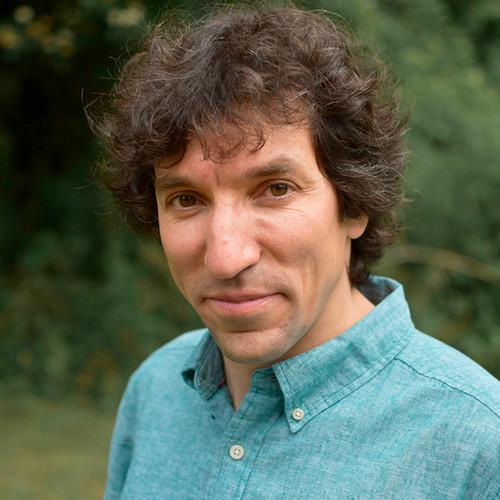Georgii BazykinVisiting Professor
Education
- Ph.D. in Ecology and Evolution, Princeton University, Princeton, New Jersey, 2007
- B.S. in Biology, Moscow State University, Moscow, Russia, 2001
Research Area
- Population Biology, Evolution, and Ecology
- Computational Biology
Graduate Program Affiliation
- Population Biology, Ecology and Evolution
Research Description
Current research in the lab falls into three general directions:
Inference of Natural Selection and Genetic Interactions from Genomic Data. Mutations may be advantageous or deleterious. Whether a particular mutation harms the cell carrying it, or does it good, may be inferred from its rate of spread, which can in turn be inferred from sequencing data. Moreover, interactions between mutations shape the phenotype. We develop approaches for inference of selection forces and interactions from genetic data, and apply them to a broad range of organisms.
Mutations in Germline and in Cancer. Mutations arise due to a wide range of processes. Changes in these processes, e.g. exposure to ultraviolet rays or a modification of a protein involved in handling of DNA, may increase the rate of mutations and/or change their character. We infer changes in mutagenesis from changes in the mutation rates and patterns observed in large-scale sequencing data. Ultimately, such approaches might improve understanding of heritable mutagenesis and cancer diagnosis and treatment.
Predicting Evolutionary Dynamics of Pathogens. Evolution of pathogens allows them to evade host immune system, contributing to disease and death caused by them. We are trying to predict such dynamics, notably in Influenza A and SARS-CoV-2.
Research Lab Description
We perform computational analysis of biological evolution in a broad range of biological systems – from viruses to humans. We develop and apply methods to measure and disentangle the roles of evolutionary forces – mutation, selection, gene flow, recombination and genetic drift – in shaping evolution and variation. We use comparative genomics and bioinformatics to investigate different aspects of sequence variation and evolution, and theory to interpret the observed patterns.
